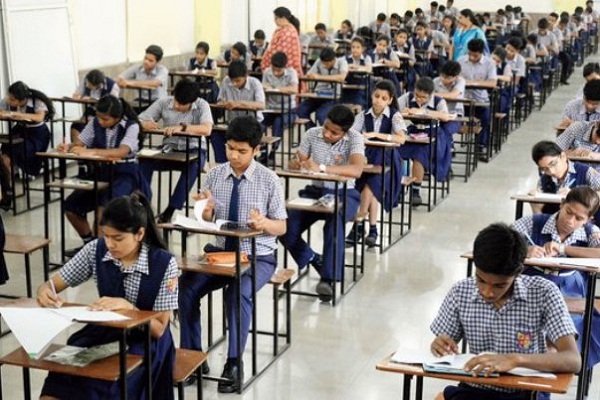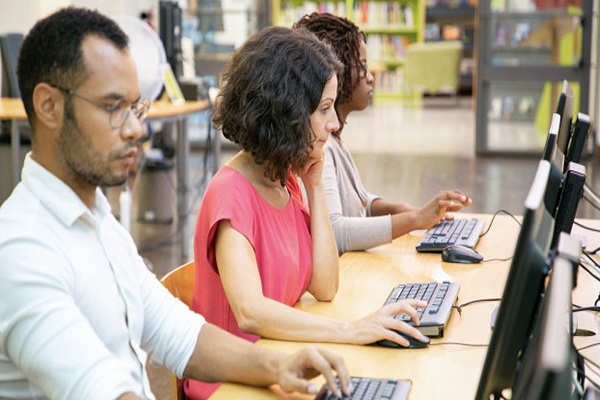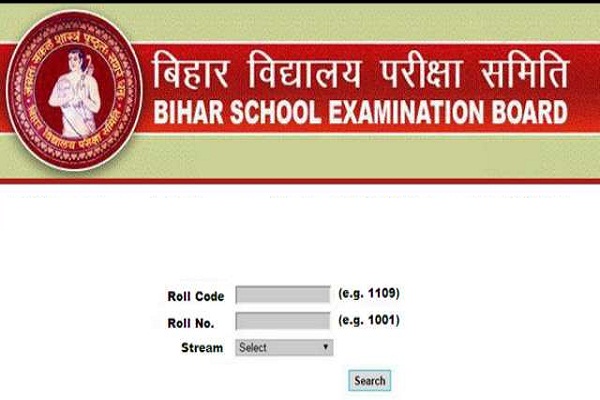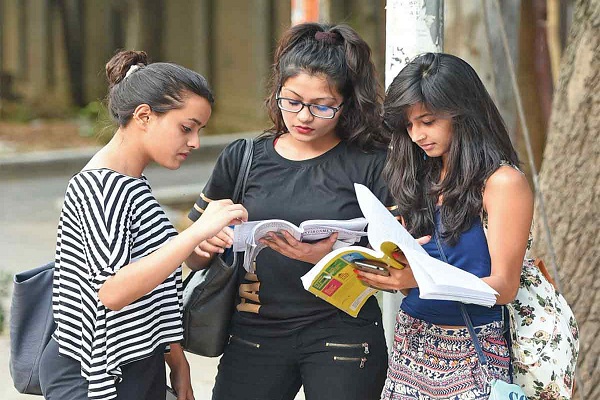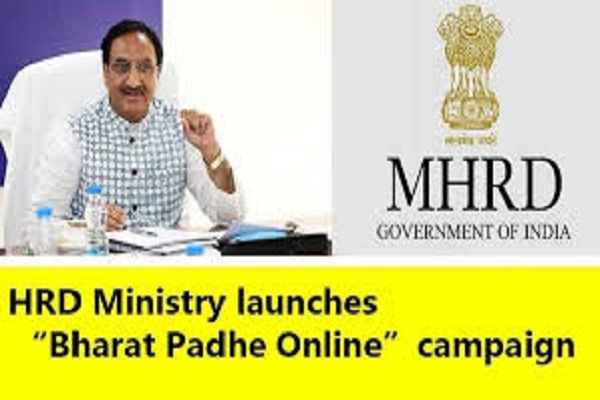Amid Coronavirus lockdown, the Andhra Pradesh Open School Society (APOSS) has postponed the class 10 and 12 examinations. The exams were scheduled to be conducted in April May 2020.
The revised schedule for the Andhra Pradesh Open School Society will be released on the official website – apopenschool.org.
The examinations for Andhra Pradesh SSC and Intermediate examinations were scheduled to be conducted from April 25 to May 2, 2020.
The students who are to appear for the Andhra Pradesh SSC and Intermediate examination must keep a tap on official site for any updates.
A number of SSC and Class 12 examinations of the different states have been postponed by the boards due to the 21-day lockdown.
Although last year the classes 10 and 12 Andhra Pradesh Open School examination results released in July 2019 with the examination being conducted in April/ May, it is expected that the class 10 and 12 results declaration for 2020 will be delayed this year due to the lockdown which has now been extended until May 3, 2020.
The state board examinations along with the CBSE and ICSE examinations have been postponed by the boards due to the lockdown which was earlier announced on March 24, 2020.










